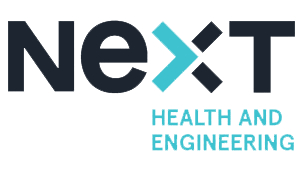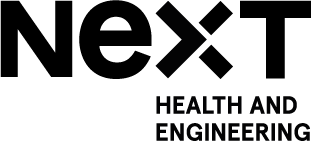Risk and opportunities of digital media on an individual and social level: towards the fundamentals of digital wellbeing
This workshop will try to explore the impact of digital technology on an individual and social level, in order to look for the fundamentals of what we call digital wellbeing. Discussions on wellbeing and the impact of digital technology began a decade ago, primarily focused on how to avoid the negative effects of technology on human behavior and negative psychological outcomes. Scholars underline now how digital tools can also enhance various aspects of individual and social life (Livingstone and Bluss-Ross, 2020). Understood as an umbrella term, digital wellbeing is an emerging concept that refers to how people experience the risk and opportunities of digital media on an individual and social level. Some scholars have explained the concept as the “subjective individual experience of optimal balance between the benefits and drawbacks obtained from mobile connectivity. This experiential state consists of affective and cognitive appraisals of the integration of digital connectivity into ordinary life” (Vanden, 2021, p. 938). Other scholars explain digital wellbeing as “crafting and maintaining a healthy relationship with technology that can be used in a balanced and civic way” (Yue et al., 2021, p. 4).
To address the need to establish a holistic understanding of digital wellbeing for a future research agenda within Arena 2 “Individual and Social Well-being” of the EUniWell Research Incubator, the proposed workshop aims to identify the main indicators to assess the quality of life in a digital world at three levels: 1) personal and family, 2) workplace, and 3) societal (democracy and civic).
During this one-day workshop, we aim to identify the positive and negative impacts of engaging with digital activities in these domains, and also explore ways to manage and control factors that contribute to a digital wellbeing in these specific fields. Organizers will offer their own insights to this topic based on previous data or scientific evidence together with relevant key speakers. We aim to use the workshop to set a research agenda for the development of an integral approach to digital wellbeing, as well as to identify main empirical indicators that could be applied in future joint research to evaluate the quality of life in a world that is digital by default. Main contributions will be, not only, the conceptualization of the concept “digital wellbeing”, but also the methodological approach to assess this phenomenon with those empirical indicators, that can be applied to comparative research.
The structure will be as follows:
1) Welcome and introduction
2) Begin the Workshop with a Digital Mindfulness Practice
3) Relevant speakers will cover each of these areas (Names suggested in the attached summary).
4) Digital Wellbeing at personal and family level (Juan Miguel Aguado/María del Mar Grandío), workplace level (Daniel Wheatley), societal (democracy and civic) level (Rocío Zamora). (20 minutes each).
5) “Well-being: digital mindfulness versus in-presence mindfulness”, based on the intervention of the StudentWell project (3rd EUniWell Seed Funding Call) of the University of Florence. Silvio De Magistris.
6) Final panel discussion: Indicators Framework of Digital wellbeing for a digital world
7) Finish the Workshop with a Digital Mindfulness Practice
Contexte
Researchers and proffesional interested in Digital Wellbeing (Ph.D students are welcome).
Objectifs visés
This workshop is intended to be the starting point for a core article with the fundamentals of digital wellbeing and future research within the Academia. Arena 2 seeks to promote an ambitious education agenda on interdisciplinary approaches to individual, social, and societal well-being and SDG 16 and, furthermore, the education agenda should also focus on how well-being can be institutionalized and enhanced for students, university staff and at the level of university governance. For that reason, our second step will be to study Digital well-being at the university to Fostering Healthy Academic Workplaces.
Démarche mise en œuvre
Date: February, online. Date to be determined.
Ressources mobilisées
Universiry of Murcia, University of Florence, Universiry of Birmingham
Ressources


